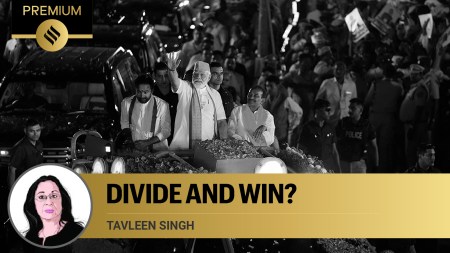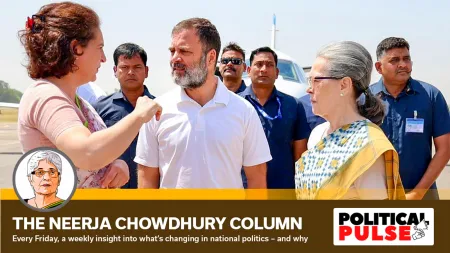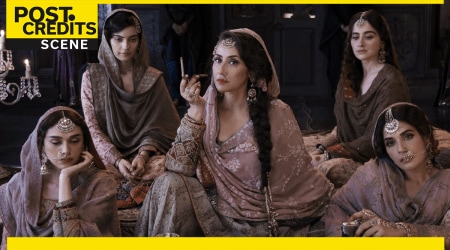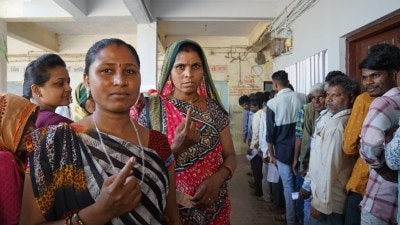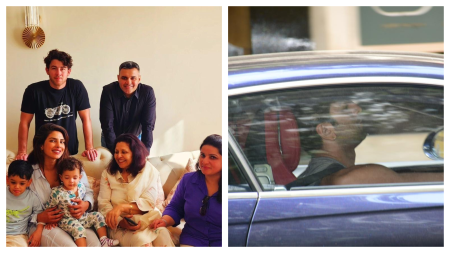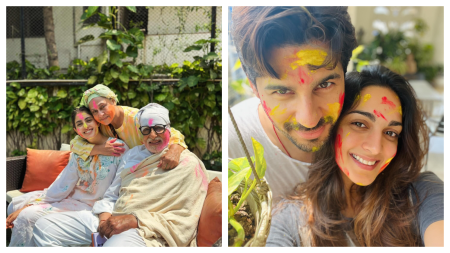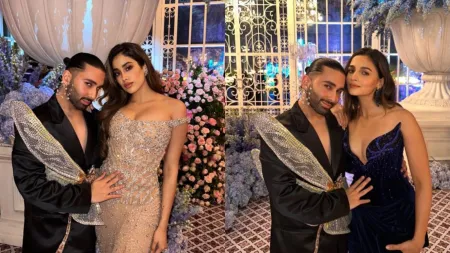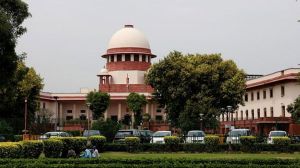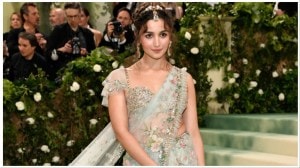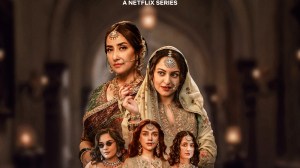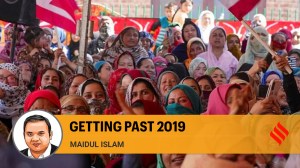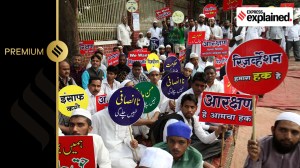- India
- International
Purna Brahmo Shree Shree Harichand Thakur
The film shows how lives of spiritual leaders and social reformers carry all the ingredients for a commercial film.
Mythology and fictionalised biographies of spiritual leaders and social reformers are hardly seen in Indian cinema. Credit for the revival of interest in films inspired by the lives of spiritual leaders goes to Gautam Ghose vis-à-vis Lalon Phokir in Moner Manush. Purna Brahmo Shree Shree Harichand Thakur shows how the lives of most of these great men carry all the ingredients that a commercial film demands like music,songs,an exciting storyline complete with adventure,conflict and some melodrama,the picturesque backdrop of nature and some significant philosophies stated in an indirect way or woven into the story.
The first courageous thing done by the filmmakers is by casting Bangladeshi actor Firdaus in the title role of Purna Brahmo Shree Shree Harichand Thakur who was reportedly born into a Brahmin family but later took on cudgels for the Dalits in society known as nomosudras in Bengal. Despite his artificial long-haired wig,Firdaus looks the part with his good looks and the saintly expression he brings across. It is also graceful of him to have readily stepped into the celluloid mould of a great Hindu saint who created a separate Hindu sect,which many actors in Bangladesh would perhaps have shied away from.
The film is a straightforward,descriptive unfolding of the life and teachings of Sri Sri Harichand Thakur. Firdaus is quite convincing as Thakur and the supporting cast drawn from among the best in cinema has complemented him well. Through the story of his life from childhood to sainthood,the movie details him being ridiculed by other children as a boy,looked at with suspect as an adolescent and bashed up for supporting the Dalits by trying to uplift them socially through the sect that he formed,the Matua sect. The word matua means to be absorbed or remain absorbed in meditation,specifically in the meditation of the divine.His belief that there is no disparity between men and women,his stand against early marriage and his backing the practice of widow remarriage are woven into the detailed script. The Matuas refer to their religious teachers as gonsai which is a position women can hold too. Wednesday is the day of communal worship for the Matuas.
The Matua sect is monotheist and is not committed to Vedic rituals. They worship by singing hymns,praying and meditating. They believe that salvation lies in faith and devotion and that everyone is a child of God. Their principal temple is at Orakandi in Gopalganj,where a fair is held every year on the 13th day of the lunar month in Falgun,the birth anniversary of Harichand Thakur. Thousands of devotees from all over the country gather on the occasion,bringing rice,lentils,and vegetables as token of their devotion and love. People from all sections,irrespective of caste and creed or religion joined Harichand Thakur to make his movement a success.
The pace of the film is so grindingly slow that you are often tempted to fall asleep. But you are woken up with a jolt thanks to the songs and the people who have sung them. The film is extensively shot on location which is good because whenever it steps indoors,the sets look too modern in the period setting.
Ratings:**

The film merits two stars one for the storyline and the idea and one for the music and the songs.
Photos
May 07: Latest News
- 01
- 02
- 03
- 04
- 05




